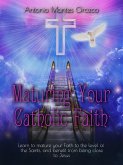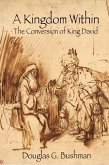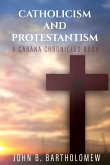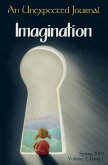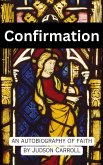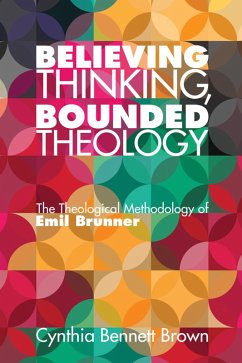Apologetics raises one fundamental question with the widest implications: exactly how do we form beliefs? Few people are argued into beliefs by any process of reasoning. Arguments are usually ex post facto rationalizations of beliefs that have already been arrived at on other grounds. They bolster beliefs, but do not cause us to hold them. The subject of belief what it is, how it differs from knowledge, what the epistemological status of true beliefs is, and what precisely constitutes a ground or warrant for belief has been much debated by philosophers, theologians, and others. Perhaps the most important questions are these:
How do we form beliefs? Why do people who are equally rational, equally intelligent, and equally well informed, differ so markedly over what to believe, over what to count as evidence, and over what evidence is deemed sufficient to warrant assent, or is deemed finally probative?
These are not easy questions, which perhaps cannot safely be entrusted to the speculations of the uninstructed. Nevertheless, the views of the laity have their place. They cannot claim any special authority, unlike the views of trained theologians or the Church's magisterium, and they must therefore be offered with a proper degree of humility. But, if theology is, as Chesterton said, merely the application of thought to religion, then it is the responsibility of all Christians to engage in theology to the best of their ability, while bearing in mind that their opinions, however sincerely held, are as fallible as the next person's. The ultimate folly is to suppose that anyone, including oneself, possesses a monopoly of truth, wisdom, or rationality.
Dieser Download kann aus rechtlichen Gründen nur mit Rechnungsadresse in A, B, CY, CZ, D, DK, EW, E, FIN, F, GR, H, IRL, I, LT, L, LR, M, NL, PL, P, R, S, SLO, SK ausgeliefert werden.



